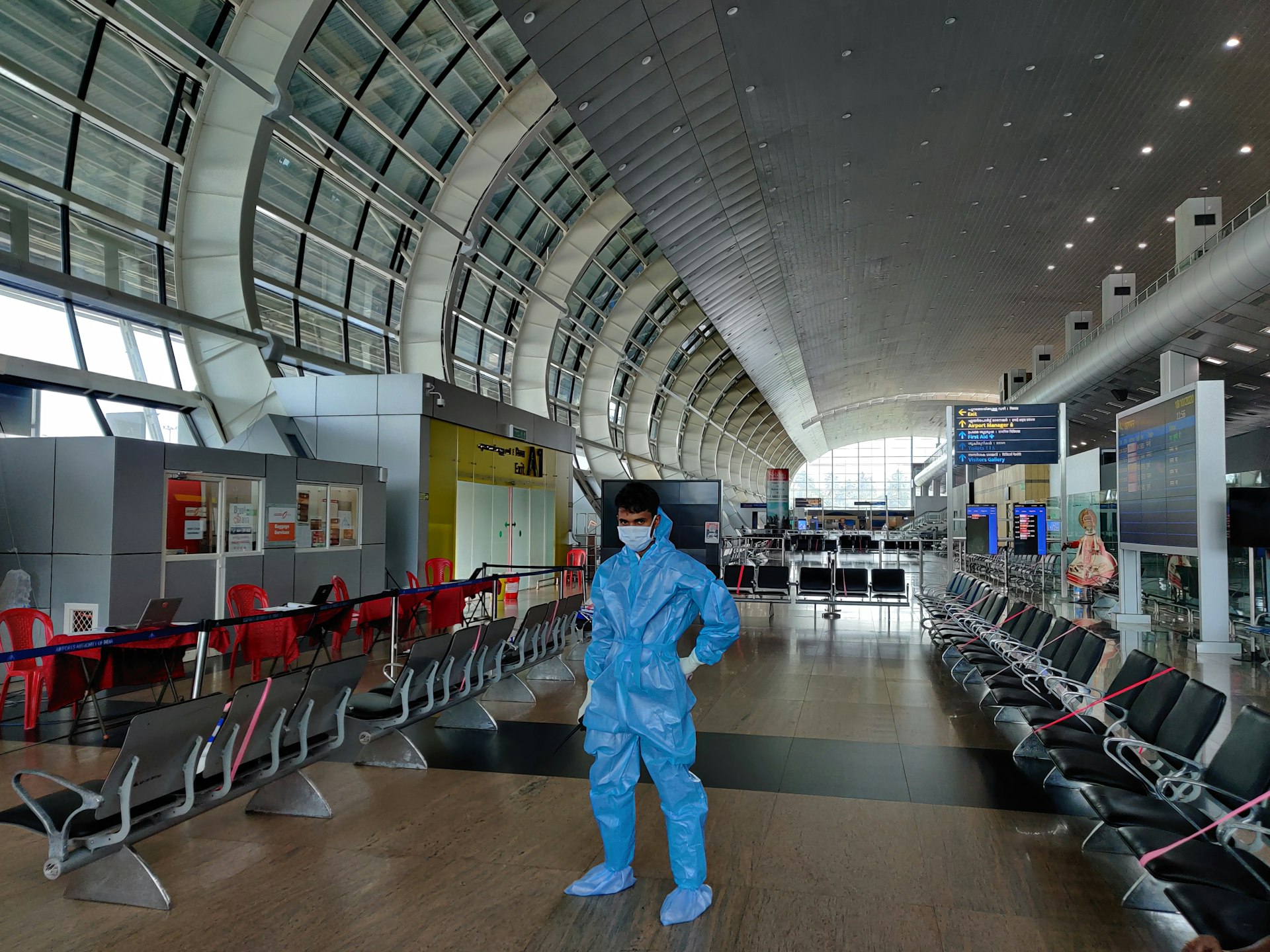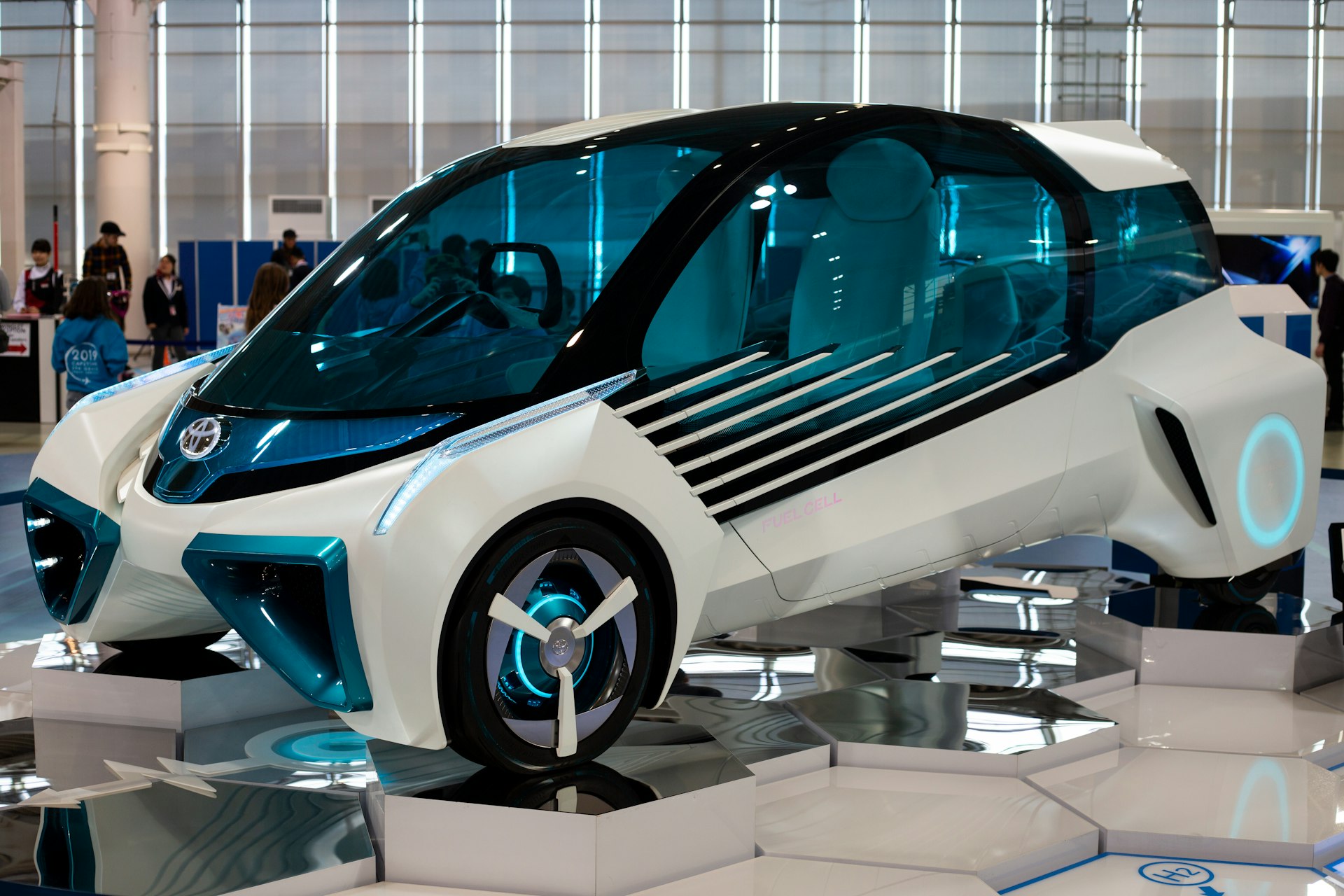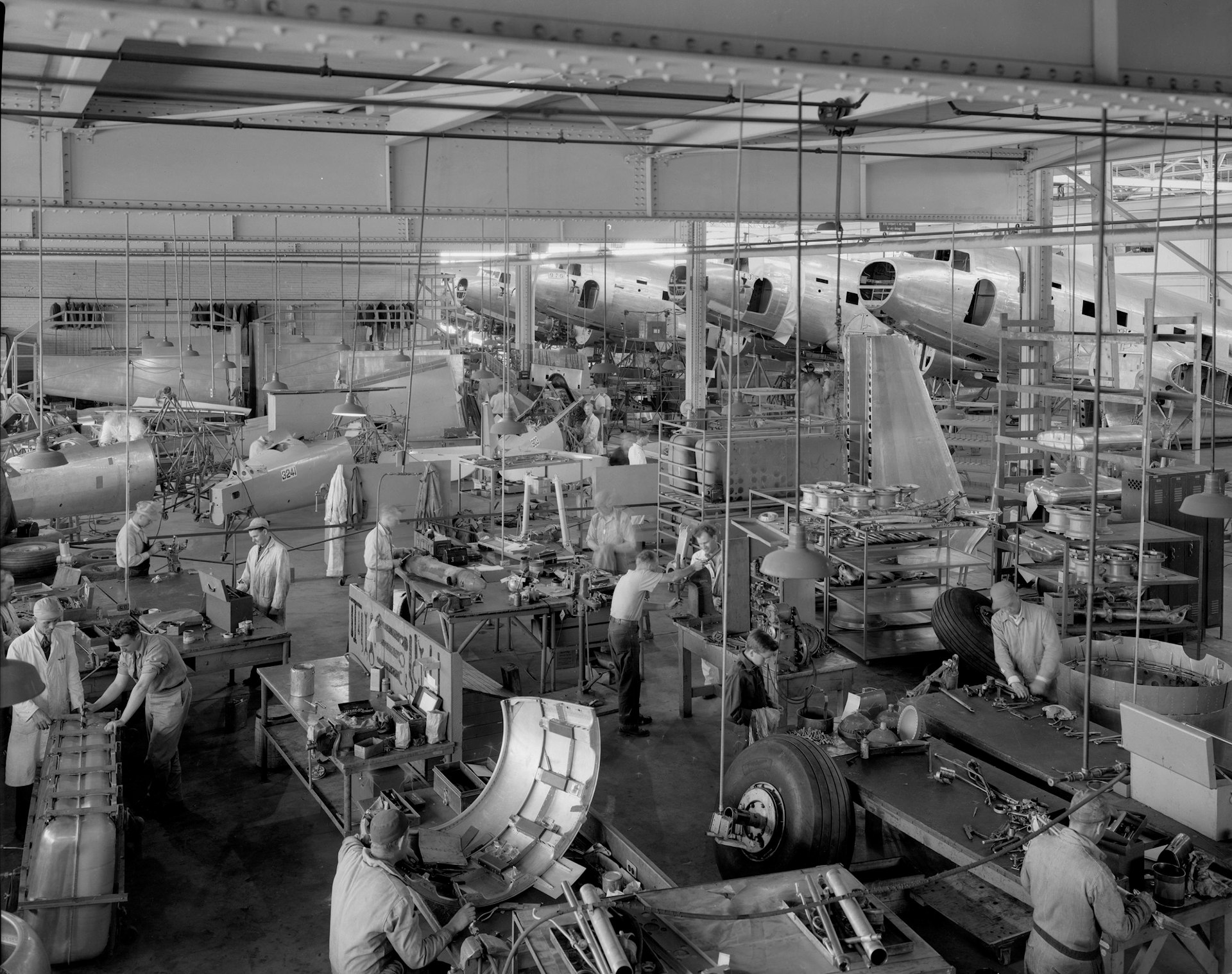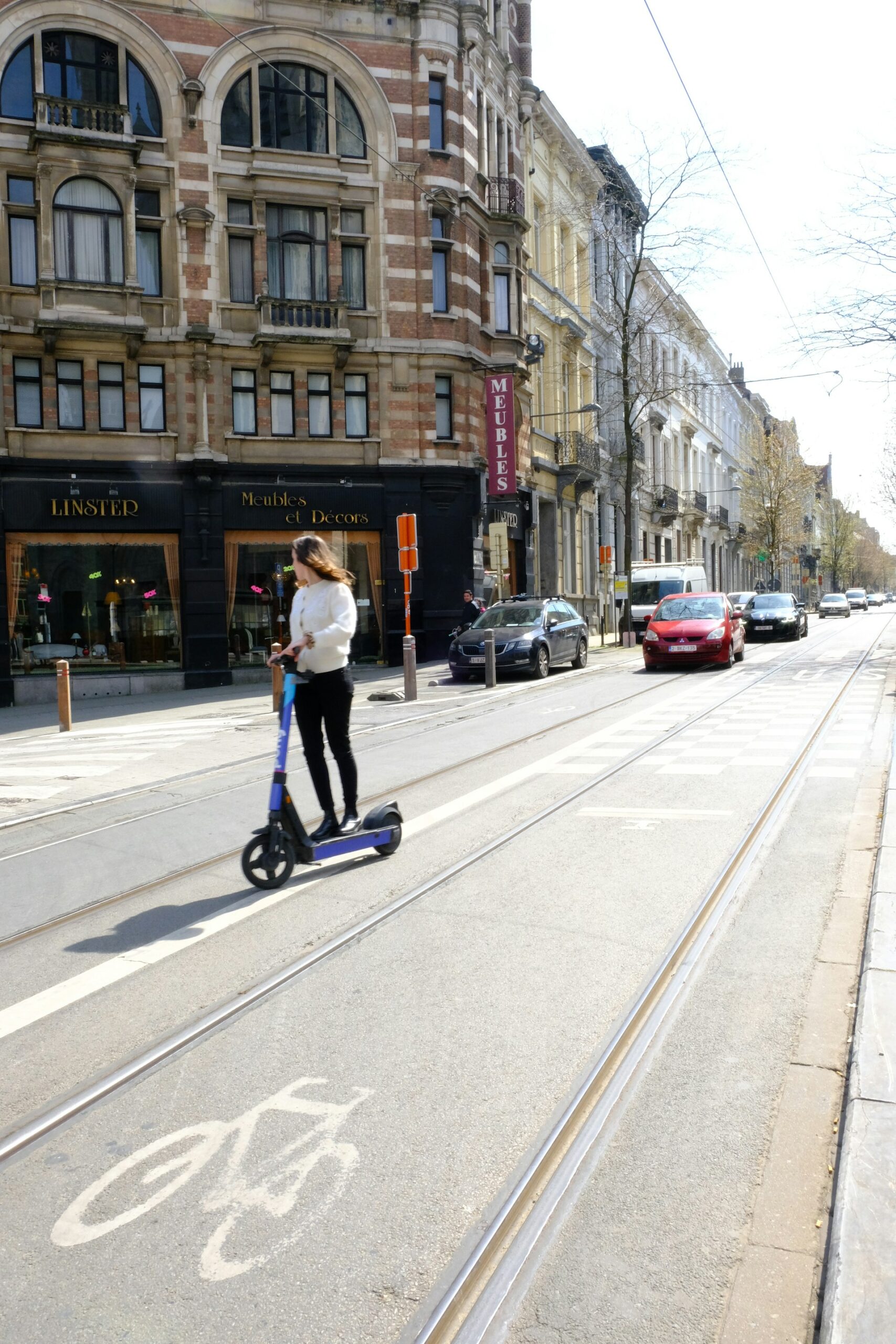Innovative Synergy: How Architecture and Fashion Design Shape Modern Aesthetics

Photo by Foad Roshan on Unsplash
Introduction to the Fusion of Architecture and Fashion Design
The boundaries between architecture and fashion design are rapidly dissolving as both disciplines seek new ways to innovate, inspire, and connect with audiences. This fusion is not just a passing trend-it is a transformative movement shaping the future of design, aesthetics, and sustainability. Designers and architects collaborate to create wearable structures, immersive retail environments, and collections that embody the spirit of iconic buildings. For creative professionals, students, and enthusiasts, understanding this synergy is key to accessing emerging opportunities and driving the next wave of design excellence [3] .
Historical Context and Shared Design Principles
The relationship between architecture and fashion dates back centuries. Ancient civilizations often drew design inspiration from grand buildings for textile patterns and garment construction. Conversely, the intricacy of clothing influenced architectural ornamentation. In the 20th century, the explicit blending of these disciplines gained momentum, leading to collaborations that challenged traditional boundaries and redefined aesthetics [3] .
Both fields share ideals of beauty , expression , and functionality . The “form follows function” principle guides not only the creation of buildings but also the design of garments, ensuring that each piece serves a practical purpose while expressing artistic vision. This philosophical overlap sets the stage for collaborative innovation [3] .
Iconic Collaborations and Real-World Examples
Several high-profile collaborations highlight the practical outcomes of merging architecture with fashion:
- Prada and Rem Koolhaas/OMA: Prada has teamed up with renowned architect Rem Koolhaas for projects such as Fondazione Prada in Milan, as well as runway stage designs and retail spaces. These collaborations showcase how architectural thinking can elevate brand experiences and spatial storytelling [2] .
- Kenzo: Kenzo’s recent fashion shows feature set designs inspired by architectural concepts, including moving holographic pillars that transform spatial perception-a direct translation of architectural innovation into the fashion realm [1] .
- Fendi and Ma Yansong/MAD Architects: Fendi’s collaboration with Ma Yansong resulted in accessories and runway moments that echo the curved lines and distinctive features of MAD’s buildings, bringing architectural form into everyday fashion [2] .
- Hermès and Lina Ghotmeh: Hermès commissioned Franco-Lebanese architect Lina Ghotmeh to design their new leather workshops, integrating sustainable practices and natural light to embody the craftsmanship and ecological priorities of both fields [4] .
Design Influence: Structure, Materials, and Color
Fashion designers increasingly adopt structural elements from architecture-sharp angles, sleek silhouettes, and complex forms-to create garments that evoke the drama of contemporary buildings. Likewise, architects experiment with materials and textures, inspiring fashion designers to explore unconventional fabrics and tactile experiences [5] .
Color selection is another area of convergence. Architects use color to set moods and complement environments, while fashion designers incorporate bold hues and contrasts to make statements and evoke emotion. This interplay enriches both disciplines, leading to more dynamic and engaging creations [5] .
Sustainability: Eco-Friendly Practices and Collaborative Solutions
Sustainability is a core concern in both architecture and fashion. Architects pioneer eco-friendly materials and energy-efficient designs, while fashion designers embrace practices such as upcycling, material innovation, and ethical sourcing. Collaborations often result in spaces and products that minimize environmental impact and promote responsible design. For example, Hermès’ new workshops designed by Lina Ghotmeh utilize brick and natural light to reduce energy consumption and integrate seamlessly with the environment [4] .
If you are seeking to engage with sustainable design, consider these steps:
- Research architectural firms and fashion houses with a sustainability focus. Look for mentions of eco-certifications or sustainable initiatives on their official websites.
- Attend industry events, exhibitions, or lectures that highlight green design practices. Major design weeks and trade shows often feature sessions on sustainability.
- Explore academic programs that offer cross-disciplinary study in environmental design, such as those at leading design universities and institutes.
How to Access Opportunities in the Fusion of Architecture and Fashion
For those interested in pursuing a career or collaboration at the intersection of architecture and fashion, several actionable approaches are available:
- Education: Many design schools and universities offer interdisciplinary programs in architecture and fashion. To find these, search for “fashion architecture graduate programs” or “design innovation master’s” at accredited institutions.
- Networking: Join professional organizations such as the American Institute of Architects (AIA) or the Council of Fashion Designers of America (CFDA). Attend conferences, workshops, and portfolio reviews to connect with potential collaborators.
- Portfolio Development: Build a portfolio that showcases projects combining architectural concepts with fashion design. Document collaborations, experimental collections, or spatial installations.
- Collaboration: Reach out to brands or studios known for cross-disciplinary work. For example, research Prada, Fendi, or Hermès and contact their public relations or creative departments regarding partnership or internship opportunities.
- Industry Research: Follow design news outlets such as Architizer, Dezeen, and Vogue Business for announcements on new collaborations, competitions, and grants.
When verified links to specific programs or opportunities are unavailable, use search engines to locate official program websites by institution name and program title. Major universities typically maintain comprehensive admissions guides and contact details for inquiry.
Potential Challenges and Solutions
While exciting, the fusion of architecture and fashion presents challenges, including:

Photo by casey chou on Unsplash
- Differing design processes: Architecture projects often require more extended timelines and regulatory approval, while fashion moves quickly. Solution: Foster clear communication and set realistic project schedules.
- Resource allocation: Collaborative projects may require significant investment in materials and prototyping. Solution: Seek grants, crowdfunding, or sponsorship from established brands and institutions.
- Intellectual property concerns: Collaboration can raise questions about ownership of designs. Solution: Establish transparent contracts and legal agreements before starting joint projects.
Alternatives include participating in design competitions, virtual collaborations, or short-term installations that allow for flexible involvement and creative experimentation.
Key Takeaways and Next Steps
The fusion of architecture and fashion design is redefining what it means to create, experience, and wear design. By embracing shared principles, leveraging collaborative opportunities, and championing sustainability, designers and architects are building a future where form and function coexist in harmony. Whether you are a student, professional, or enthusiast, you can enter this dynamic field through education, networking, and hands-on experimentation. Stay informed through reputable design media and always verify the authenticity of opportunities before engaging or investing.
References
- [1] The Blogazine (2015). The Fusion of Fashion and Architecture.
- [2] Parametric Architecture (2023). Fashion & Architecture: 5 Iconic Collaborations.
- [3] CUUB Studio (2023). The Fusion of Architecture and High Fashion.
- [4] Architizer (2023). Creative Collaboration: When Architecture Meets High Fashion.
- [5] Yellowbrick (2023). Fashion & Architecture: Exploring the Influence in Design.
MORE FROM ismath.net













